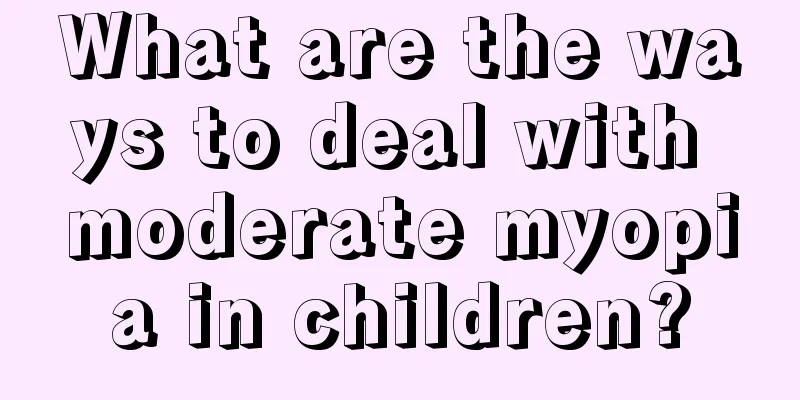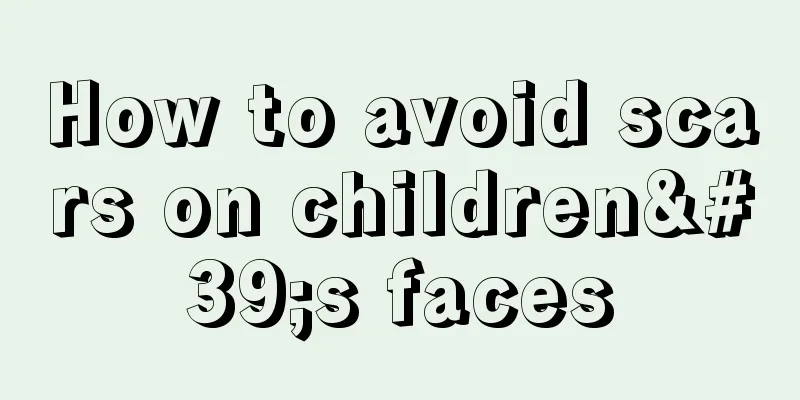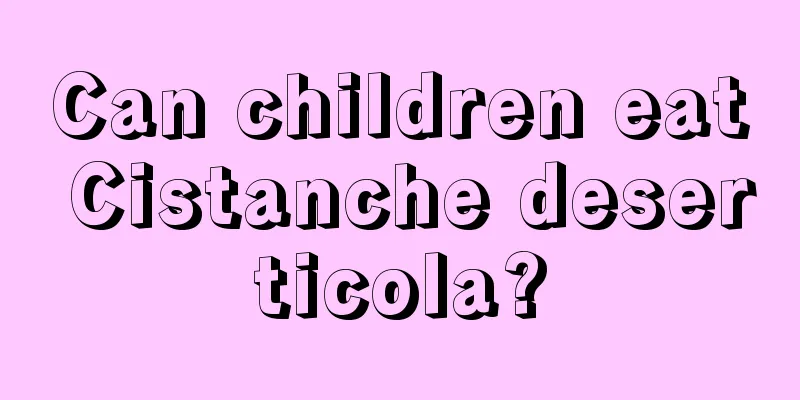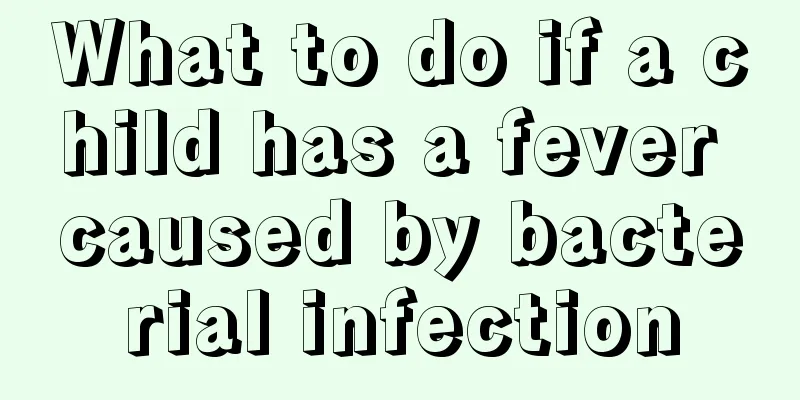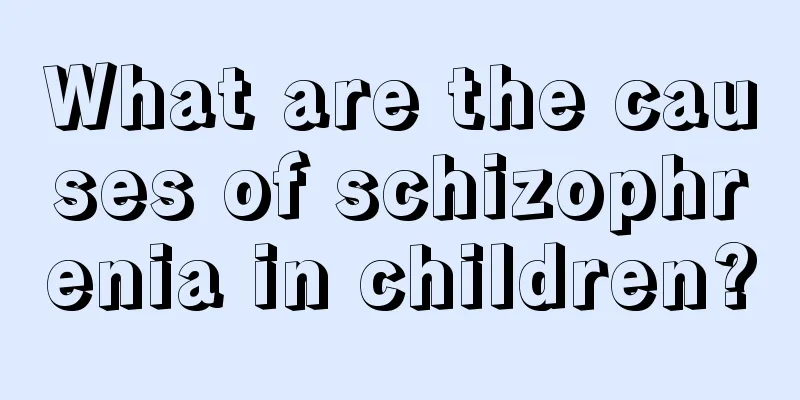Treatment of infantile tics

|
According to surveys, the number of patients with infantile tics in my country is increasing. Infantile tics themselves are not a serious disease, but their negative effects are quite large, especially in the psychological aspect. Although patients with infantile tics are young and not very mature psychologically, the excessive scrutiny from outsiders will still have a certain impact on their parents and other relatives. Therefore, all the people should raise awareness about infantile tics. So what are the symptoms and treatments of infantile tics? In medicine, eye twitching is often the first symptom. Blinking is considered the most common first symptom of tics. When a tic occurs, the patient is conscious and can control it for a short time, and the tic disappears after falling asleep. It may worsen or recur if you have a cold, diarrhea, fatigue, mental stress or watch TV for too long. Tic attacks alternate between worsening and relief. The affected parts of the body may develop in the order of head and face, neck, shoulders, upper limbs, trunk and lower limbs, and the affected parts may be single or multiple. Facial muscle twitching is often manifested as blinking, squinting, raising eyebrows, frowning, grinning, wrinkling the nose, and making weird expressions; head and neck muscle twitching is manifested as nodding, shaking the head, straightening the neck, shrugging the shoulders, etc.; trunk muscle twitching is manifested as straightening the chest, twisting the waist, and twitching the abdominal muscles; upper limb twitching is manifested as rubbing the fingers, clenching the fists, shaking the hands, raising the arms, and twisting the arms; lower limb twitching is manifested as leg shaking, kicking, tiptoeing, and even abnormal gait. Tourette syndrome requires a comprehensive treatment approach. First of all, physical diseases should be treated, such as primary diseases such as trachoma, conjunctivitis, rhinitis, tonsillitis, etc. in children. Secondly, parents should know that the symptoms their children experience are not intentional, and must not blame or punish their children for them. Parents should also not nag them all the time. The more they talk, the more nervous the child will become, and the more severe the symptoms will become. This disease will not make children stupid or mentally ill. Parents should help their children eliminate psychological problems, reduce anxiety and depression, and adapt to the real environment. It is necessary to create a relaxed and pleasant environment for the child, arrange the child's daily life reasonably, encourage and guide the child to participate in various interesting games and activities to divert his attention, avoid excessive excitement and tension and fatigue, carry out rhythmic physical activities, and appropriately reduce the pressure and burden of study. It is recommended to try not to play electronic games and watch horror movies or TV, and do not force the child to do things that he extremely dislikes, such as forcing him to practice the piano, excessive extracurricular homework, etc. Of course, children with severe symptoms need medical help. Knowing more about these things will only benefit you, so that you can get effective treatment when your child or children around you suffer from infantile tics. What is said here is only one-sided. If you want to know more professionally, you can look up relevant books. |
<<: How to care for sty in children
>>: Causes of tics in children
Recommend
How to feed your baby hydrolyzed milk powder
Nowadays, if the mother has no breast milk, the o...
What to do if a two and a half year old baby catches a cold and has a fever
The baby's body resistance is very weak and t...
What should I do if my baby keeps having diarrhea?
Diarrhea is a common disease in normal times. It ...
What to eat for children with eye problems
Nowadays, in many schools in our country, many st...
Can children take a bath when they have a high fever?
If a child often has a high fever, it means that ...
What are the symptoms of convulsions after a child has a fever?
When family members see that their children have ...
What should I do if my child's tooth falls out and bleeds?
When they are around eight years old, many childr...
Massage method for baby's throat inflammation
It is quite common for babies to have sore throat...
What is the reason for the baby's fever of 37.4
During the baby's growth process, some unexpe...
What should I do if my child has a fever?
Children getting sick and having a fever is usual...
At what age can a child be helped to urinate?
As babies grow older, they will gradually get rid...
How old can babies eat porridge?
After birth, babies need to rely on breast milk o...
What are the most common serious diseases among children?
Children are the hope of a nation, but once they ...
How to deal with supernumerary teeth in children
Supernumerary teeth are also called extra teeth i...
How to draw blood from the baby's foot
We all know that although blood drawing is simple...
